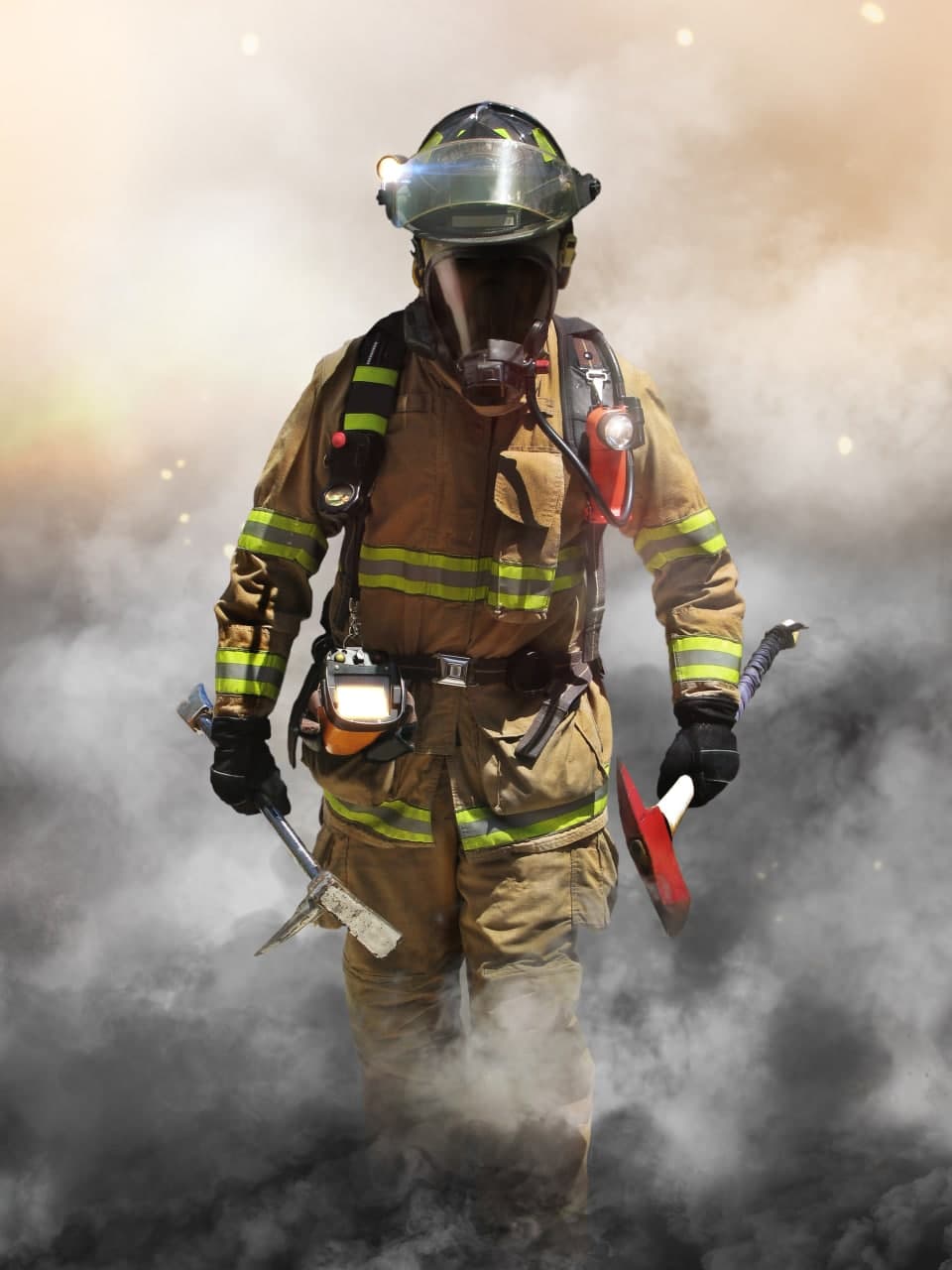
First Responders Trauma (Post-Traumatic Stress Injury)
Public health and safety workers often experience a broad range of mental health consequences due to their profession.
These occupations subject first responders to a significant number of traumatic events, resulting in a higher risk of developing post-traumatic stress injury. Exposure to multiple traumatic stressors can also exacerbate other pre-existing conditions.
The presence of mental health disorders in first responders can also be associated with diminished ability to work efficiently, substance abuse, and suicide. Due to the stigma associated with having a mental health disorder among first responders, people in these professions tend to under-report their symptoms to avoid judgment by peers and supervisors.
Other barriers that first responders face in getting the care they need are:
scheduling difficulty, not knowing where to go to get help, fear of a negative impact on their career and concern that the services are not confidential.
As a mental health professional, I am trained to help people experiencing post-traumatic stress reclaim their emotional footing.
Together, we can begin the work of rebuilding your mental health so you can live and work in a sustainable way.
These occupations subject first responders to a significant number of traumatic events, resulting in a higher risk of developing post-traumatic stress injury. Exposure to multiple traumatic stressors can also exacerbate other pre-existing conditions.
The presence of mental health disorders in first responders can also be associated with diminished ability to work efficiently, substance abuse, and suicide. Due to the stigma associated with having a mental health disorder among first responders, people in these professions tend to under-report their symptoms to avoid judgment by peers and supervisors.
Other barriers that first responders face in getting the care they need are:
scheduling difficulty, not knowing where to go to get help, fear of a negative impact on their career and concern that the services are not confidential.
As a mental health professional, I am trained to help people experiencing post-traumatic stress reclaim their emotional footing.
Together, we can begin the work of rebuilding your mental health so you can live and work in a sustainable way.
If you frequently show any of the following symptoms related to post-traumatic stress injury, I am here to help:
- Aggressive, reckless, or self-destructive behaviour
- Dissociation from the self (this can include reduced awareness of one’s surroundings, amnesia or numbed emotions)
- Inability to remember key aspects of the traumatic event
- Re-experiencing the traumatic event (nightmares, spontaneous memories, flashbacks)
- Sleep disturbances and changes in sleep patterns
- Suicidal thoughts and behaviours
- Social isolation and loss of interest in activities
- Reluctance to seek help due to fear of stigmatization
- Blaming self or others due to a distorted sense of reality
- Substance abuse
![BCPFFA_endorsed-768x267[1]](https://skcounselling.com/wp-content/uploads/2020/12/BCPFFA_endorsed-768x2671-1.png)